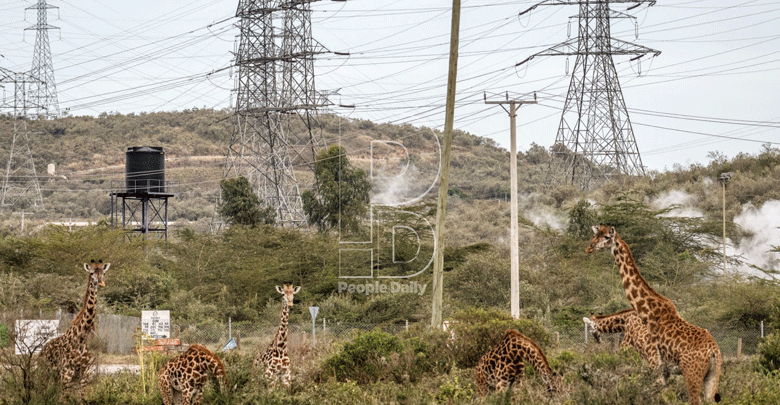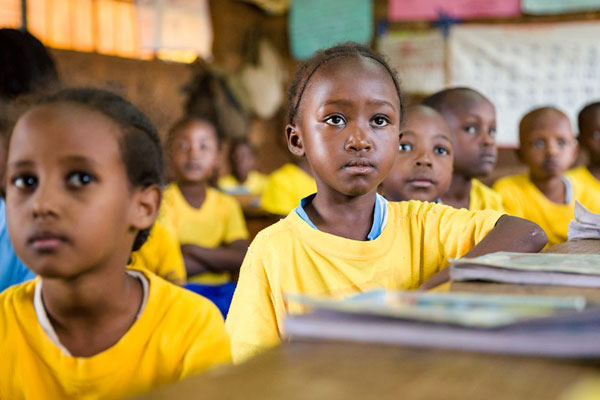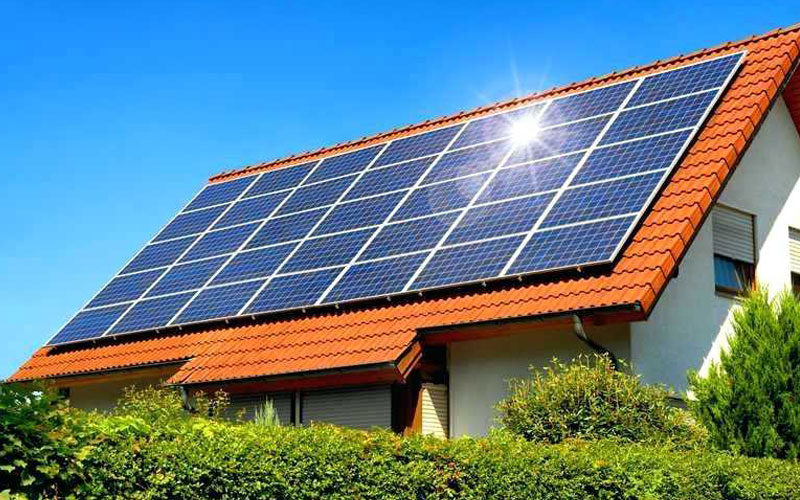Affordable solar power lights up underserved communities
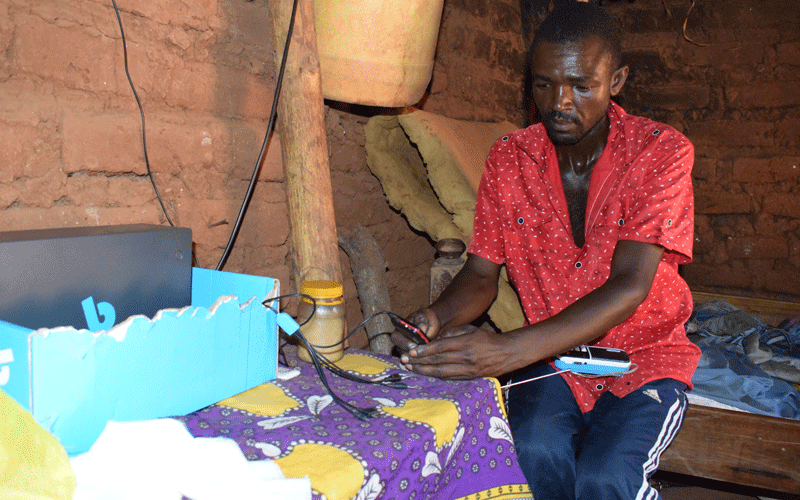
Milliam Murigi @millymur1
At about 7.30pm, most shops in Ndundumini shopping centre, Zombe area of Kitui county are closing. A few minutes later, the whole shopping centre is in darkness except for one hotel.
Though there is one high- mast lighting in the middle of the centre, it’s not enough to light up the entire place.
The hotel, located in the furthest corner, has two bulbs: one outside for security and another inside.
Esther Mwendwa, the owner, busies herself serving customers as music plays on a small radio.
She says introducing solar lighting system to her business has had a huge impact. She closes the hotel at around 9.30pm unlike earlier when she would close at 7.30pm.
With more working hours, she has managed to double her daily profits from Sh800 to Sh1,700.
“I got this system early February and I am already seeing a positive impact. I wish I had known of this solution before,” she said.
Reliable and sustainable access to energy is vital to economic development and quality of life.
A report by GOGLA, the global association for the off-grid solar energy industry, shows more than 90 per cent of households with solar home systems report an improvement in their quality of life.
Recently popular
Reuben Musembi from Ivinga Nzia, Kitui, has also benefitted from solar energy. The poultry farmer living next to a forest lost most of his chicken to wild animals late last year.
“I lost three-quarters of my flock to wild animals. They would attack us every night.
It was difficult to rescue them because of the darkness that made us fear for our lives. The animals were also swift,” says Musembi.
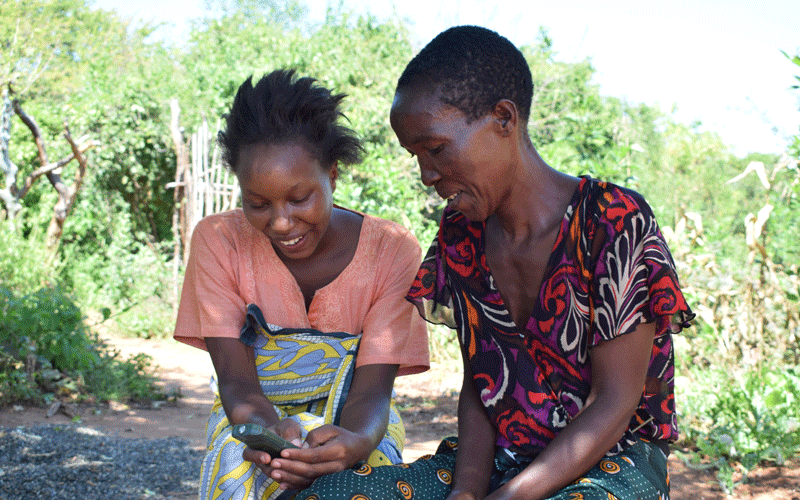
However, since he bought a solar lighting system, his chicken are now safe because predators are scared by lights, which Musembi leaves on overnight. The system comes with two bulbs, a radio and a spotlight.
Through Pay as you go (PayGo), a distribution service that allows people to pay for solar power over a period of time, Musembi and others have access to lighting at affordable rates. Individuals can get a solar system with a deposit of Sh1,780 and thereafter pay Sh30 daily for a year.
This model has gained popularity in Kenya over the last few years. Last year, PayGo sales grew by 45 per cent in the first six months compared to the last half of 2018.
“The flexible payment terms is what attracted me to buying solar system from Bboxx.
I couldn’t afford to pay for the main grid connection, which is seven kilometres only from my home because they needed a lump sum, which I couldn’t afford,” adds Musembi.
Second to India
Few metres from Musembi’s home, Josephine Katunge, a mother of four is preparing supper for her family.
For more than 30 years, she kept hoping that one-day her home would get electricity connection. But after the long wait, she decided to go the solar way after seeing transformation of other villagers’ lives.
“I made the decision to invest in solar in January after losing four chicken to wild animals in one night. I had seen a neighbour use solar to protect his farm. I decided to secure one system for lighting and also to boost the security of my farm,” she says.
Available data shows in Kenya, almost one million off-grid solar products were sold in the first six months of 2019, making the country the second-largest standalone solar market after India.
Globally, Off-Grid Solar (OGS) market remains substantial with 840 million people without electricity access. Because of this, it remains on a strong growth trajectory, projected to serve 823 million users with off-grid solar products by 2030.
